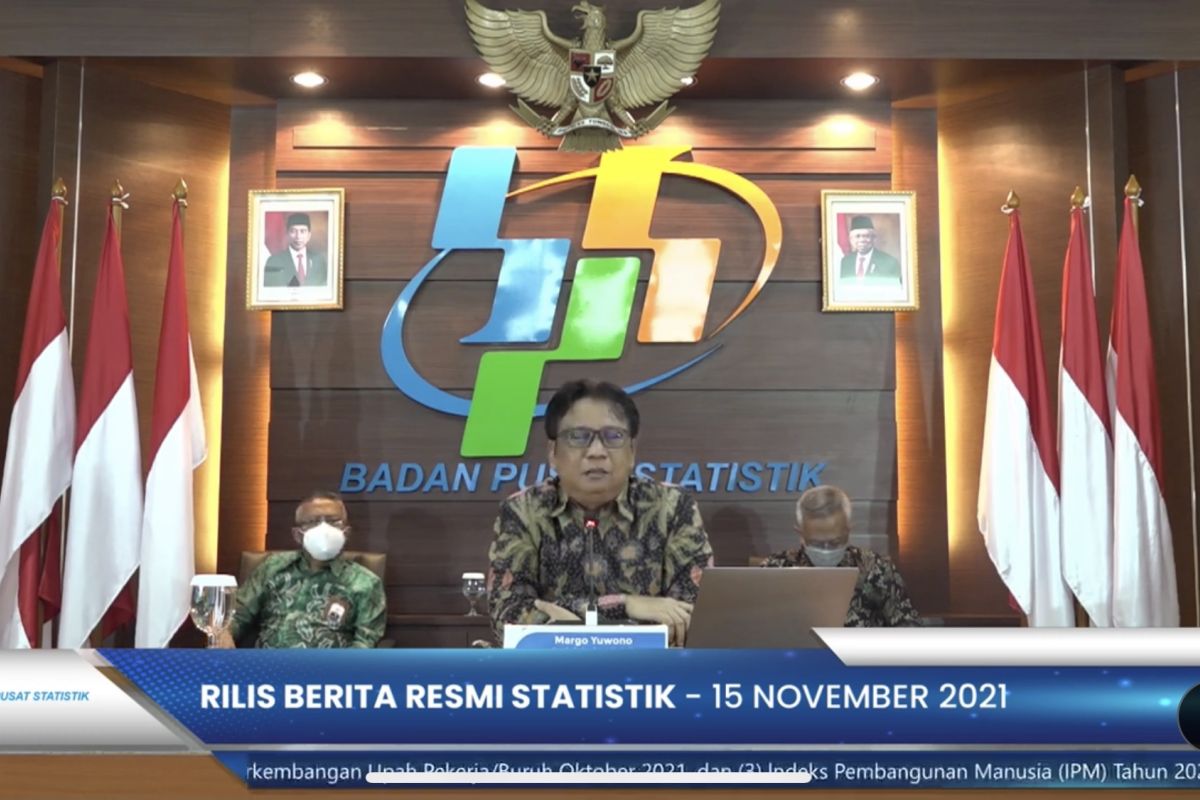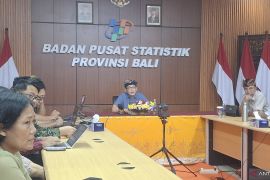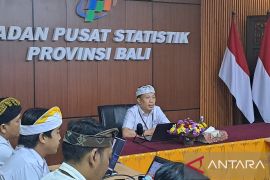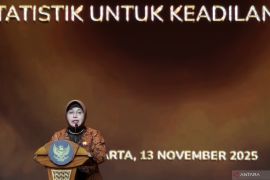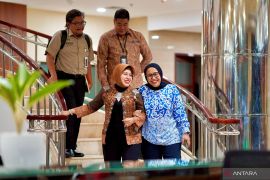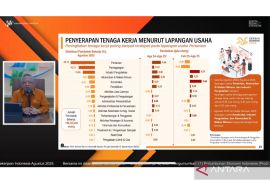In terms of activities at home, there has been a decline, with the figure reaching 6.3 percent in September and five percent in October. This means mobility or activity at home is decreasingJakarta (ANTARA) - Statistics Indonesia (BPS) reported that population mobility in October 2021 had improved from that in September 2021, as was reflected in a decrease in homebound activity and a rise in mobility at several public places.
"In terms of activities at home, there has been a decline, with the figure reaching 6.3 percent in September and five percent in October. This means mobility or activity at home is decreasing," Head of BPS Margo Yuwono stated at a virtual press conference here on Monday.
On the other hand, Margo Yuwono noted that activities in trade and recreation areas improved and were even higher than normal, at 4.3 percent.
"Similarly, activities at places of shopping and daily necessities increased as compared to September 2021, at 24.6 percent in October. This is higher than the normal conditions in 2020," he pointed out.
Related news: Indonesia posts trade surplus of $4.37 billion in September
Meanwhile, activities in parks were also higher than normal conditions. Meanwhile, in transit places and workplaces, community mobility seems to have improved, albeit not having returned to normal conditions, specifically as in January and February 2021 as a benchmark for evaluating the condition in October 2021.
He believes that an improvement in population mobility will affect economic activities.
Sustained population mobility is expected to bring about an improvement in economic activities, so that economic recovery can proceed as planned, he affirmed.
From this mobility record, he appealed to BPS in all provinces to maintain health protocols in conducting their activities.
Yuwono noted that various countries, such as Singapore and Europe, were experiencing a new wave of COVID-19 that will have an impact on economic recovery in each country.
Related news: BPS highlights improvement in population mobility in shopping areas
"Hence, this is a good achievement related to health recovery, and we are obliged to maintain it going forward, so that in future, economic recovery can be conducted," he stated.
Coordinating Economic Affairs Ministry's Executive Secretary, I Raden Pardede, had earlier projected Indonesia to revert to a five-percent economic growth annually if the COVID-19 pandemic were to be brought under control and it entered the endemic stage.
"If COVID-19 becomes endemic, our economy will start to return to a growth of five percent per year and even more in case we can improve productivity," Pardede told ANTARA on Thursday.
Related news: BPS records monthly deflation of 0.045% in Sep
He called on the government to provide training to hone people's digital literacy and skills since during the COVID-19 pandemic, several jobs required expertise in the digital technology sector.
"This is because ever since the COVID-19 pandemic struck, our lives have changed and we have entered the new normal era. If we live according to our old habits, we cannot grow well. Hence, there must be changes," he emphasized.
Related news: Locals enthused about watching first race at Mandalika Circuit
Related news: Over 84 million Indonesians receive full vaccination: Health Ministry
Translator: Sella P, Azis Kurmala
Editor: Fardah Assegaf
Copyright © ANTARA 2021
